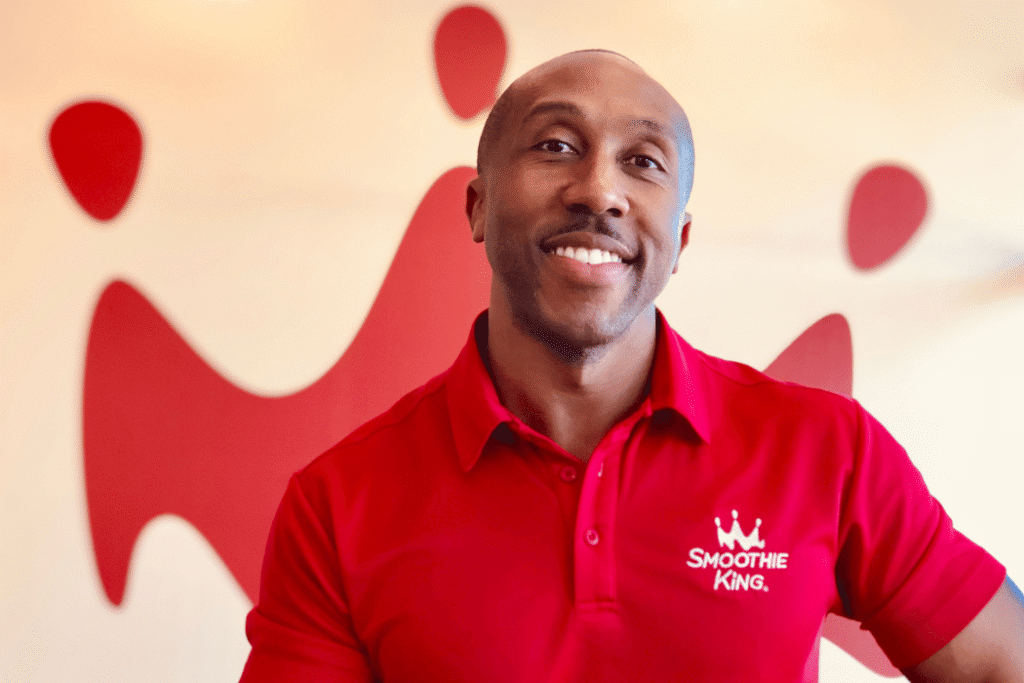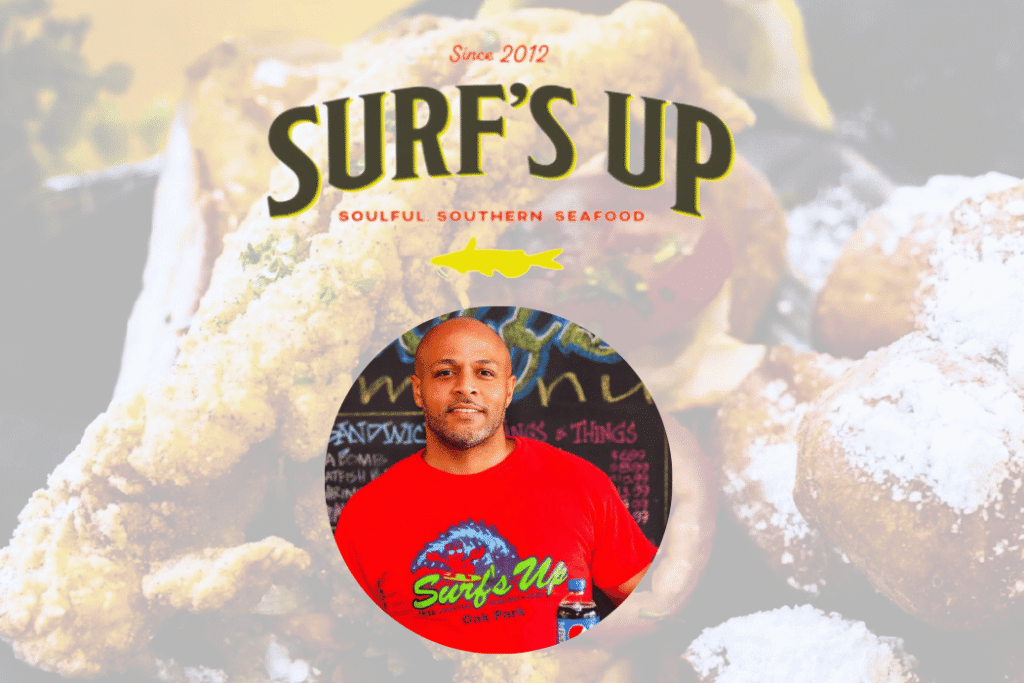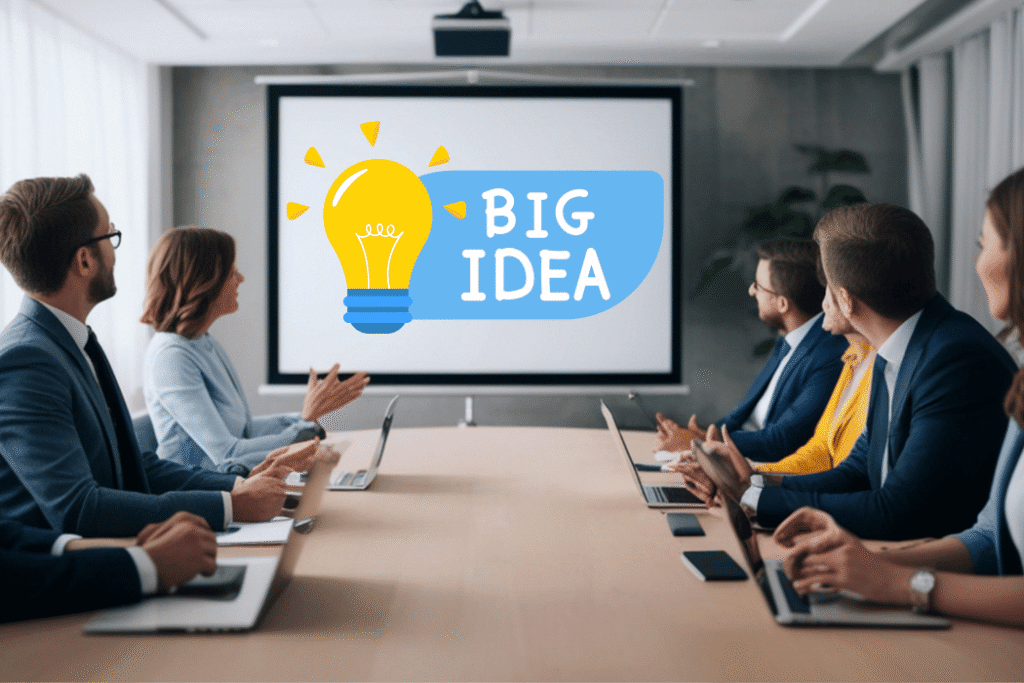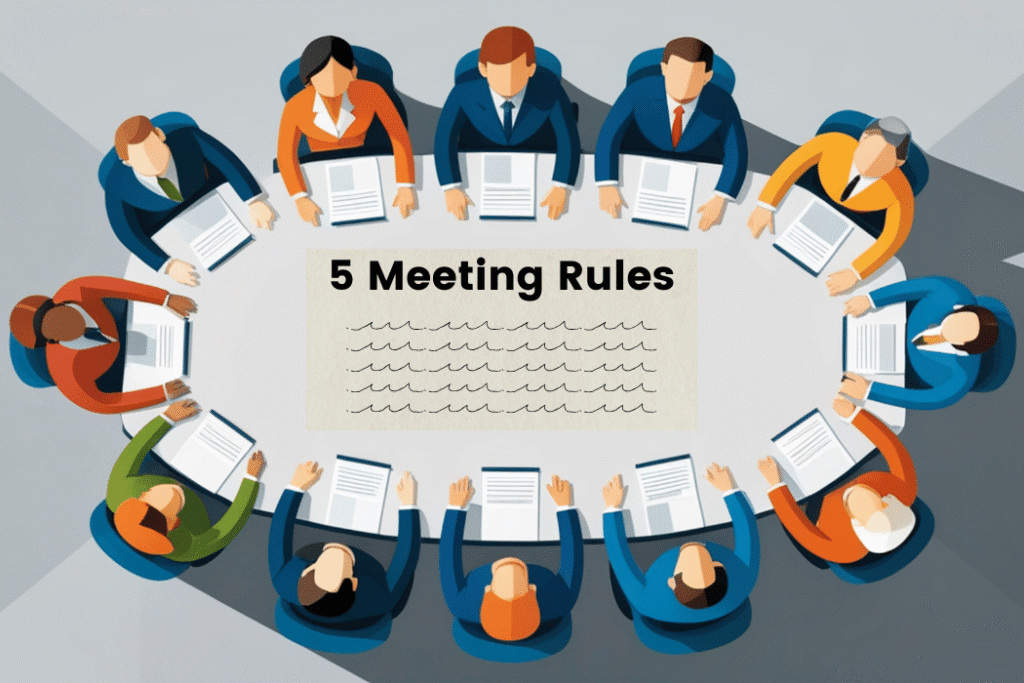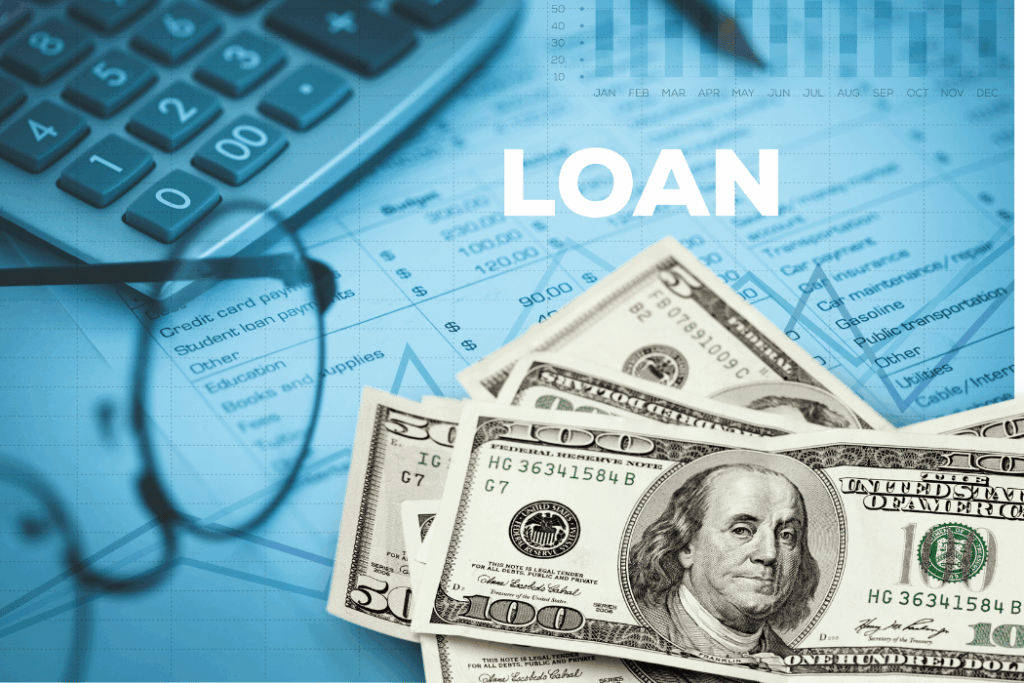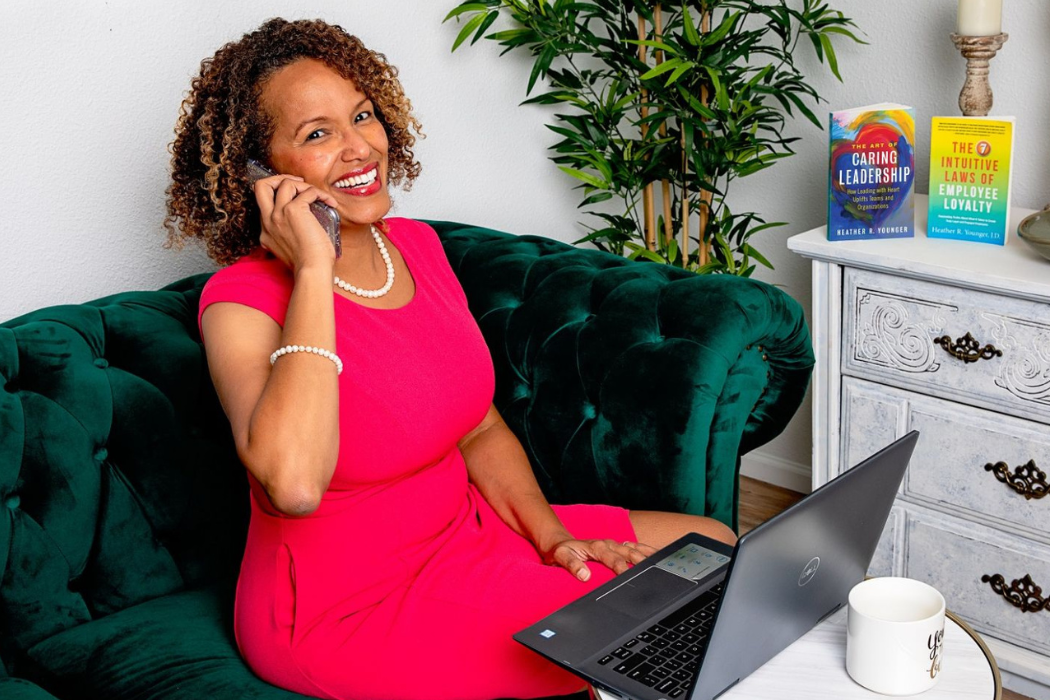
Leadership expert Heather Younger reveals powerful strategies for turning career failures into growth opportunities through emotional intelligence and self-awareness.
In today’s unpredictable job market, career setbacks have become increasingly common. From unexpected layoffs to missed promotions, these professional disappointments can leave even the most confident individuals questioning their worth and direction. But according to leadership strategist and workplace culture expert Heather Younger, these moments of adversity don’t have to define your career trajectory—they can actually become the catalyst for your greatest professional evolution.
As the best-selling author of “The Art of Self-Leadership: Discover the Power Within You and Learn to Lead Yourself,” Younger has dedicated her career to helping professionals navigate challenging transitions and emerge stronger on the other side. In an exclusive interview, she shared insights on how to transform career setbacks into stepping stones for growth and why leading yourself must precede leading others.
The Critical First Step After Career Disappointment
When faced with a significant career setback like a layoff or missed promotion, many people rush to action—immediately updating their resume or frantically scheduling networking calls. But Younger advocates for a counterintuitive first step: allow yourself to feel the emotions.
“We are in a world that says like, snap yourself out of it, move on,” Younger explains. “While there’s a level of truth to that, I think there’s even more truth to the fact that we are human, and we have got to let ourselves process it.”
Younger speaks from personal experience. As the breadwinner for her family of six, being laid off triggered intense feelings of fear and anxiety. “I was scared. I was like, ‘How am I going to be able to pay my mortgage? How am I going to keep my kids in school?” she recalls. Rather than immediately jumping into job search mode, Younger gave herself permission to process these emotions for several weeks.
This emotional processing time isn’t wasted time—it’s necessary preparation for thoughtful next steps. Making major career decisions while still in an emotional tailspin often leads to poor choices. “The number one thing you don’t want to do is make a decision right after that happens,” Younger cautions.
The Power of Self-Leadership During Uncertainty
In her book “The Art of Self-Leadership,” Younger emphasizes that we must learn to lead ourselves before we can effectively lead others. But what does self-leadership actually look like when facing professional uncertainty?
“We all have a choice,” Younger explains. “And our choice is like, how long will we wallow in something that we see as shame, anxiety and stress? And then how long are we going to allow ourselves to do that?”
Self-leadership, according to Younger, means taking responsibility for guiding yourself through difficulty rather than waiting for external validation or direction. “Many of us give away a lot of our own power. We abdicate our responsibility to lead us in ways we know we need to be led,” she says.
This concept of self-leadership becomes particularly important when making career transitions. After a layoff, many professionals rush into the first available job out of financial necessity. While Younger acknowledges this practical reality, she encourages people to view these interim positions as stepping stones rather than failures.
“Often, we’ll give ourselves a lot of grief because we aren’t understanding that job is a stepping point to some other place. It is an in-between place,” she explains. “It’s progress over landing to the perfectly perfect place we thought we should be in. And that is okay.”
Transforming Self-Doubt into Self-Advocacy
One of the most insightful aspects of Younger’s philosophy is her perspective on self-doubt. Rather than viewing self-doubt as purely negative, she suggests it can become a powerful catalyst for self-advocacy when approached correctly.
The key, according to Younger, lies in developing the skill of reframing—taking emotionally charged, negative thoughts and transforming them into more rational, constructive perspectives.
“Reframing says, take this irrational, really highly emotionally charged thought and change it into this much more rational, logical, unemotional way of thinking that serves us best,” Younger explains.
She offers a practical example from her own experience with being laid off: “I’m in this ‘Woe is me. Oh my gosh, I’m not going to be able to have another job.’ I’m just in this pit. And finally, I go, ‘Wait a second. Well, let’s just see how I changed and improved through that layoff. I met my best friend there. I learned new technology. I got a severance that allowed me to be doing what I’m doing now.'”
This reflective practice helps professionals step back from emotional reactions and gain valuable perspective. “When we start to remove the emotion out of it and see the thing that happened to us objectively, we start to see all kinds of bright lights and all kinds of solutions,” Younger says.
Emotional Intelligence: The Foundation for Professional Resilience
When discussing how to rebound from setbacks, Younger identifies emotional intelligence as the cornerstone skill. “Emotional intelligence is the bedrock of every single thing,” she states.
Emotional intelligence encompasses self-awareness, understanding of others, and the ability to navigate social complexities effectively. Of these components, Younger emphasizes that emotional self-awareness—understanding how we feel about our circumstances and choices—provides the foundation for everything else.
For professionals looking to strengthen their emotional intelligence without formal training, Younger offers several accessible practices:
- Journaling: “If I can take time to go in a journal and say, ‘What was good about that? What was not so great? What could I have done well?’ it centers my brain and gives me that time and space to become more aware of who I was and how the world interacted with me.”
- Mindfulness practices: Regular meditation can help create mental space for processing emotions and patterns.
- Trusted feedback: “If you have any really good friends who you trust not to throw you under the bus, but you trust they’re going to give you constructive feedback…go to them.” Younger recommends being specific about what feedback you’re seeking and how you’d like it delivered.
This enhanced self-awareness creates the foundation for meaningful change. “We can’t change something unless we are aware of it existing. And we can’t change our behaviors until we’re aware of some gaps or holes or something that we’re creating for ourselves or for others around us,” Younger explains.
Stop Fighting What You Can’t Change
A significant drain on professional energy comes from resisting unchangeable circumstances. According to Younger, many professionals waste valuable mental and emotional resources fighting against realities they cannot alter.
“In the case where there’s something that happens, like a big change at work, reorg[anization], a big change where somebody else gets promoted above you…we could become victimized,” she explains. “And to a certain extent, there’s a truth to it, like, ‘Dang it, that wasn’t right. That should have been me. Yes, of course it should have been you.’ Can’t do anything about it now.”
Instead of continually revisiting the injustice or disappointment, Younger encourages professionals to redirect that energy toward what they can control—their response and future actions. “What do I learn from that? Does it help me skill up to be a better professional going forward? Does it help me take in feedback or go more proactively searching for feedback going forward?”
This shift in focus from external circumstances to internal growth represents a critical pivot point for career resilience. As Younger powerfully states, “We aren’t our circumstances. But I do believe in many cases, we are how we choose to respond to them.”
Breaking Through the Fear Barrier
For many professionals, fear—particularly fear of judgment—creates a powerful barrier to career advancement. According to Younger, this fear often manifests as procrastination, perfectionism, or avoidance behaviors.
“Public speaking, for example, is like most people would rather jump off a cliff than go speak in front of people,” Younger notes. “That is because most of us have a fear of being judged for our imperfections.”
The solution, Younger suggests, is shifting focus from perfection to progress and from self to service. “If we can move off of this desire to be perfect and instead say that progress is actually my highest and best goal and learning is a thing that gets me closer and closer to a perfect journey,” professionals can begin overcoming these fear-based limitations.
This perspective shift becomes particularly powerful when combined with a service mindset. “In any role that we hold, we’re really there to serve others,” Younger explains. “If you go into it with the servant mindset, then it becomes so much less about you and about your purpose on planet. And then all of a sudden, all the fears and the stuff that hold you back will kind of dissipate.”
Reclaiming Your Professional Narrative
For professionals feeling stuck, sidelined, or overlooked, Younger offers a powerful exercise to reconnect with their authentic path and reclaim their narrative.
“Get a piece of paper and a pen and write down the values. What do you think your values are?” she suggests. “Write some notes next to each of those. What are the things that you think you do that embody the thing you say you value?”
This values audit often reveals disconnects between stated priorities and actual behaviors—gaps that can contribute to feelings of career dissatisfaction or stagnation. “Your values are not decorations. They’re the chisel that gets to the gold of who you are,” Younger explains.
By realigning professional choices with core values, individuals can regain a sense of agency over their career direction. “We control our own narratives,” Younger emphasizes. “The more we give it away to somebody else, the more we give away our power to somebody else. Wrong move.”
Embracing Your Unique Professional Journey
Perhaps Younger’s most liberating advice comes in her reminder that professional growth is not a linear path but a highly personal journey. “We were born amazing. And we were born for a purpose and it’s up to us to uncover what that is,” she says.
Rather than measuring success against external benchmarks or others’ expectations, Younger encourages professionals to embrace their unique path—setbacks and all. “The journey is perfectly a journey, meaning it’s not the destination. It’s that journey that I’m on. That’s my specific journey. That’s for me only.”
This perspective transforms career setbacks from failures into essential components of an individual’s professional evolution. By embracing these challenges as growth opportunities rather than roadblocks, professionals can develop the resilience and self-leadership necessary to navigate an increasingly unpredictable career landscape.
For those navigating career transitions or recovering from professional disappointments, Younger’s insights offer both practical strategies and profound reassurance. By mastering the art of self-leadership—through emotional intelligence, value alignment, and narrative reclamation—today’s professionals can transform career setbacks into stepping stones toward more authentic and fulfilling professional lives.
What career setback has ultimately led to growth in your professional journey? Share your experience in the comments below or connect with a career coach to help you navigate your next transition.



